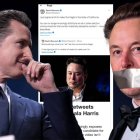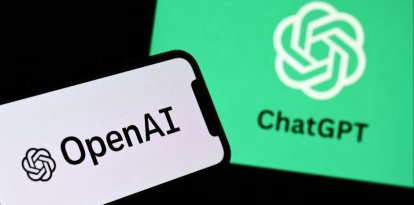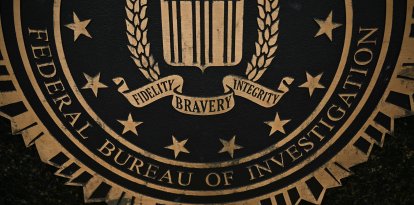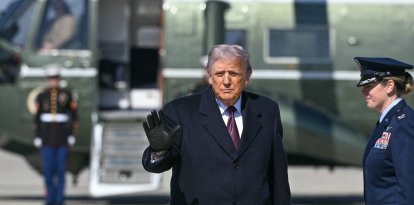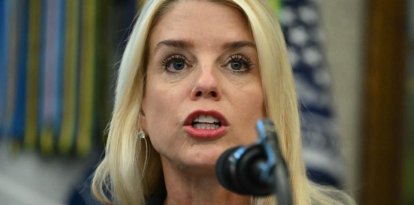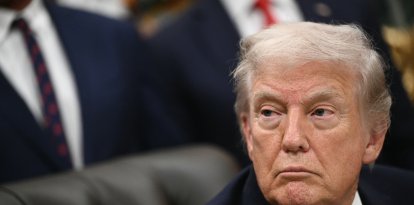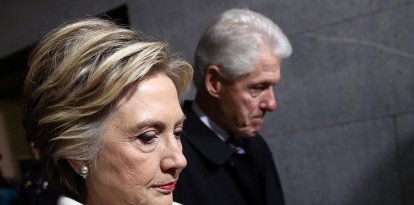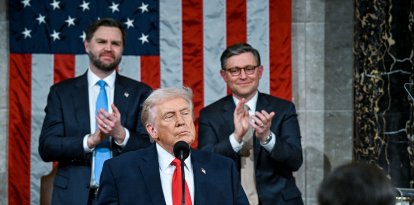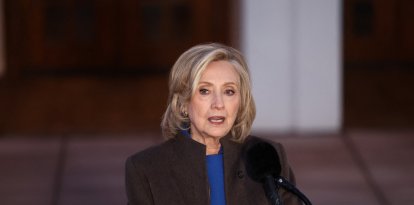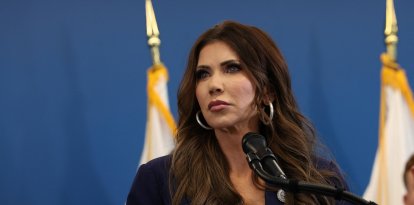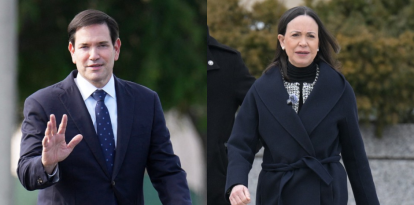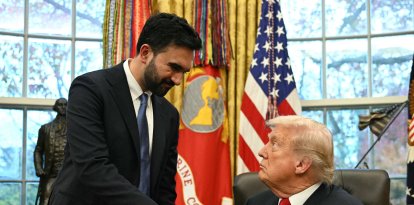California: Judge blocks one of Newsom's anti-Musk laws
John Mendez explained that the law, pushed by the governor, hinders humorous expression and unconstitutionally stifles the free and unfettered exchange of ideas.
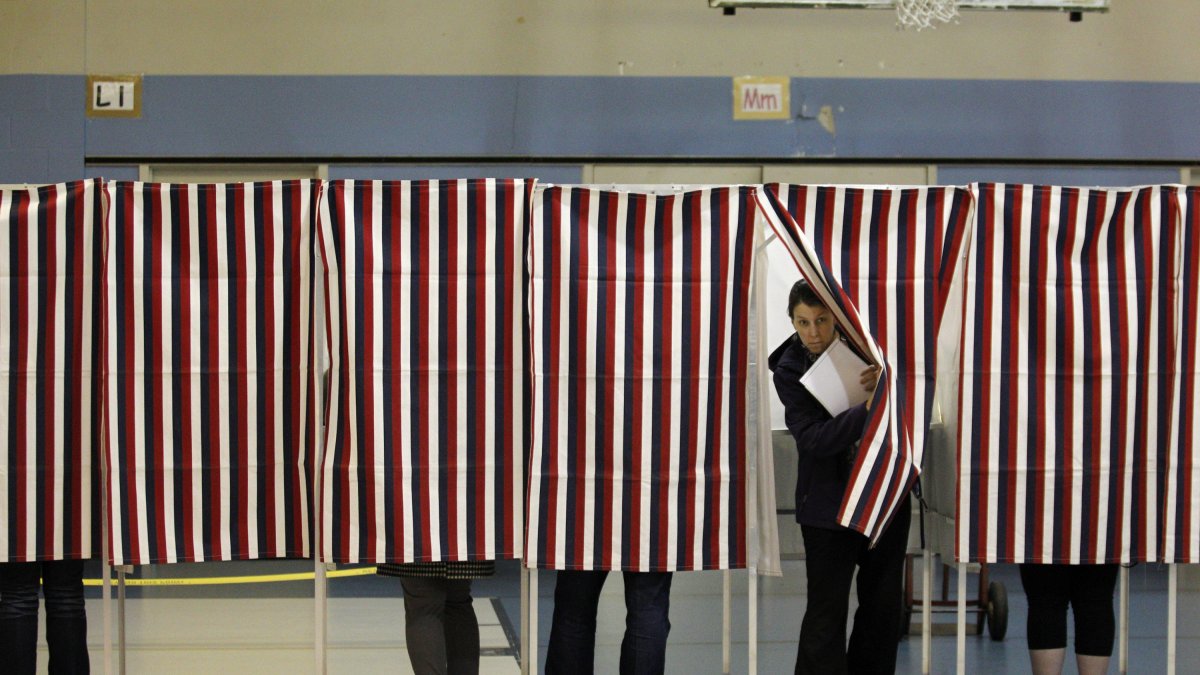
Elections in the United States
U.S. District Judge John A. Mendez issued a preliminary injunction blocking an election law pushed by California Governor Gavin Newsom on the grounds that it might violate the First Amendment. Mendez explained that the Democrat's law hinders humorous expression and unconstitutionally stifles the free and unfettered exchange of ideas.
"Most of AB 2839 acts as a hammer instead of a scalpel, serving as a blunt tool that hinders humorous expression and unconstitutionally stifles the free and unfettered exchange of ideas which is so vital to American democratic debate," Mendez wrote in the decision.
Newsom signed the bill last month along with a package to address the use of artificial intelligence to create fake images or videos in political ads leading up to the 2024 election. AP reported that it is one of the country's toughest laws of its kind.
Meanwhile, the Newsom administration spoke out against the judge's decision, claiming that it does not affect freedom of expression. Izzy Gardon, spokeswoman for the governor, assured that the Democrat expects the court will allow the state to regulate 'deepfakes.'
"We’re confident the courts will uphold the state’s ability to regulate these types of dangerous and misleading deepfakes (...) Satire remains alive and well in California — even for those who miss the punchline," Gardon said in a conversation with AP.
David Loy, legal director of the First Amendment Coalition, argued that it is up to Americans to decide on this issue and not the media.
"Some people may, of course, disseminate a falsehood — that’s a problem as old as politics, as old as democracy, as old as speech (...) The premise of the First Amendment is that it’s for the press and public and civil society to sort that out," Loy said in an interview with The New York Times.





